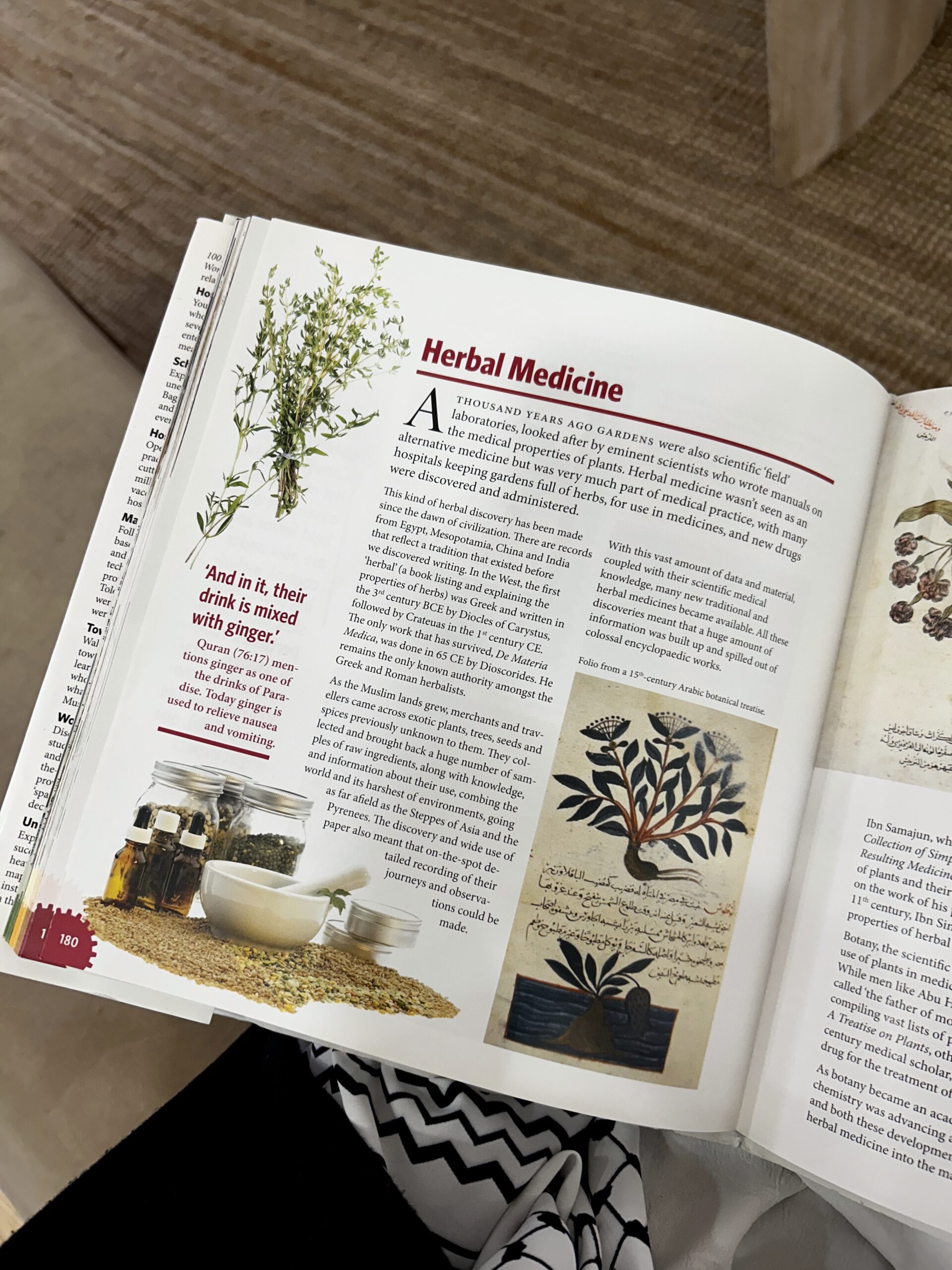Think of your gut microbiome as a scientist would. The inputs are food (nutrients), herbs, medications, supplements, etc. The outputs are your mood, energy levels, focus, clarity, skin health, weight, digestion, metabolism, and overall health + wellbeing. Every single ingredient that you place in your mouth has the potential to impact the above outputs: your energy levels, mood, hormones, and gut health and even how your genes express themselves which is what we call nutrigenomics!
Ashwagandha: the most commonly taken adaptogenic herb.
Adaptogenic herbs are
Benefits:
Caution with Long-Term Use of Ashwagandha: Avoid long term use due to it’s ability to disrupt gut microbiome balance and blunting of the natural cortisol response for long periods of time. (cycle ashwagandha dosage and use)
Ginger: a beneficial herb for a healthy gut.
Gingerol: seeping ginger in tea releases Gingerol – a compound responsible for ginger’s antioxidant, anti-inflammatory, and anti-microbial properties (That strong ginger taste? Gingerol is behind that).
Ginger tea, which is considered a supplement to overall health and wellbeing, when taken consistently positively impacts the gut microbiome due to the main compound, Gingerol, which leads to better digestion, better focus, reduces brain fog, a balanced mood, greater stress resilience, and ultimately a healthy weight.
Lemon Balm: a soothing herb for anxiety, stress, and mild depression.
Hops: a bitter herb for digestive health, hormone imbalances, sleep disturbances, and anxiety.
Lion’s Mane: an adaptogenic herb for immune-boosting benefits, reducing inflammation, nervous system support, and cognitive focus.
Milk Thistle: an herb useful for detoxification and liver protecting properties.
Stinging Nettle: an adaptogenic herb known for it’s anti-histamine, anti-inflammatory, and energy boosting properties.
Sumac: a sour herb known for it’s antimicrobial and immune-boosting benefits.
This tannin-rich and vitamin C loaded medicinal plant is typically used in Mediterranean cooking, Mediterranean salads, or in a za’atar blend.

Read & Leave a Comment
Share